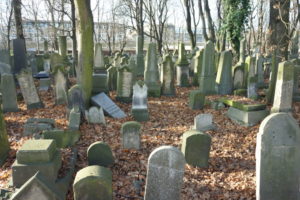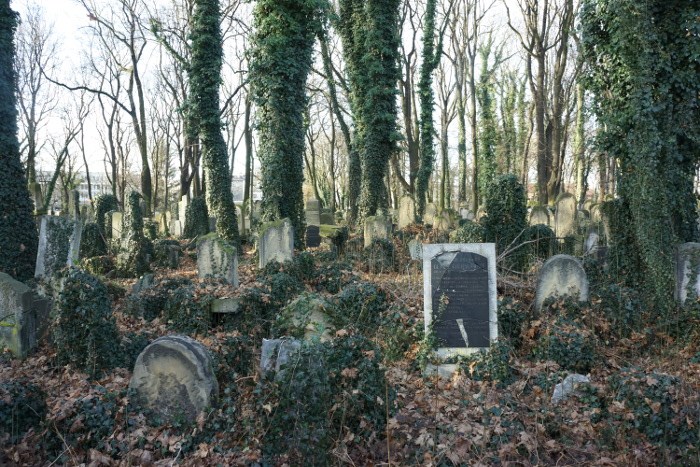(Photos by D. Kilgore, text by both of us.)
12/17/19 AM: we part with Maggie and are off to Krakow on the train.
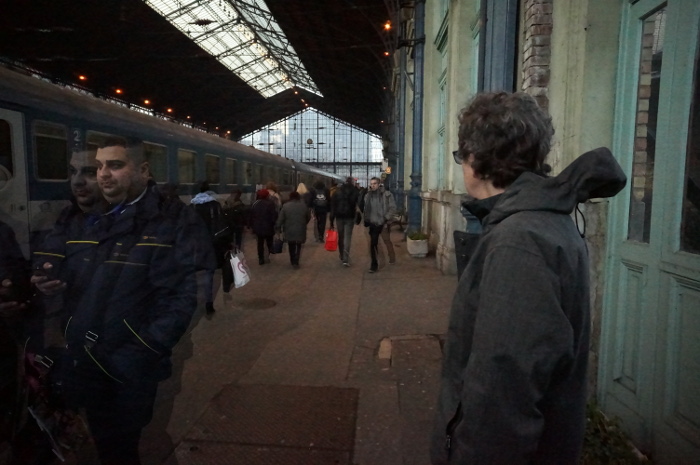
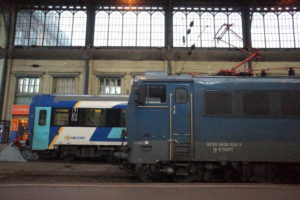
(EB:On this train ride and quite a few others, we cruised smoggy green farmland. We spent the day zigzagging west, since trains skirt the Tatra moantains of the Czech/Hugarian/Polish border.)
We arrived in Europe thinking we would duck into the Tatra’s (huge mountain range) for snowy fun- but winter of that sort failed to arrive, so we headed to Krakow for 5-6 days.
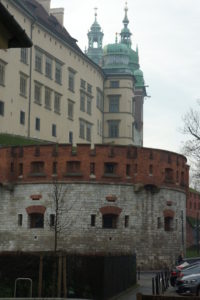
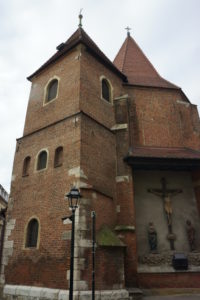
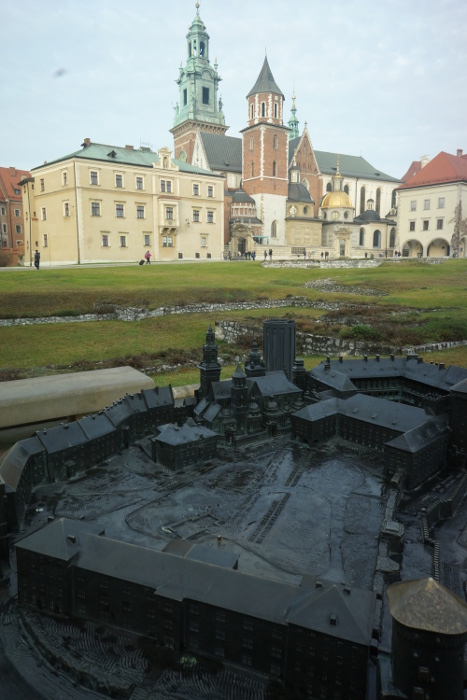
Krakow had a wonderful feeling and lovely buildings filled with history- some of it quite dark. While WWII destroyed many lives- especially Jewish lives, buildings were spared massive bombing.
We found lots to like in the market. 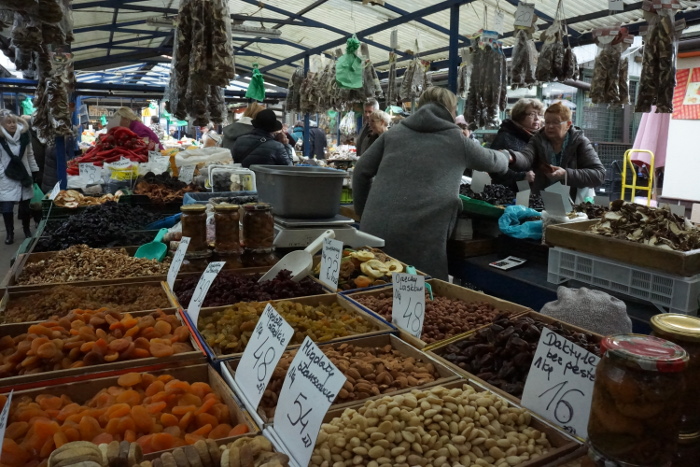
Rich agriculture and food traditions yielded pickles, kraut, sausage, cheese and lots of vegetables.
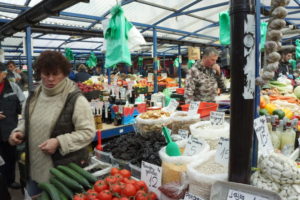
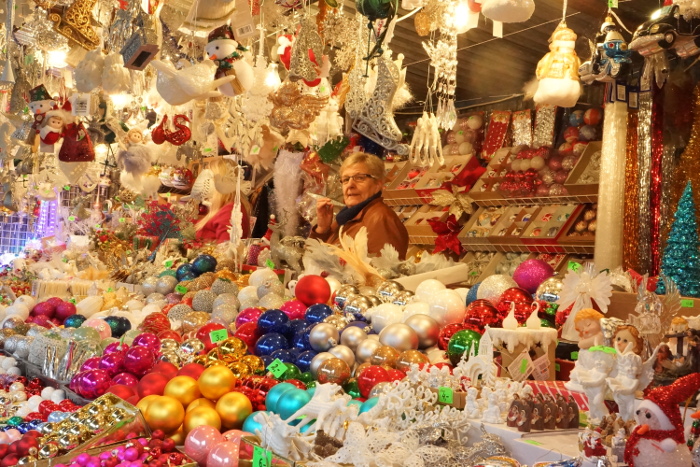 The bread got good again- though we never found the Polish version of the ultra-dense Latvian Rye we came to love on Chicago’s south side.
The bread got good again- though we never found the Polish version of the ultra-dense Latvian Rye we came to love on Chicago’s south side.
Unseasonably warm weather found us out on bikes, riding along the Wisla (English- Vistula) river out of the city.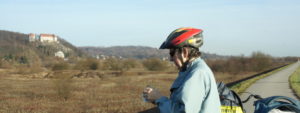
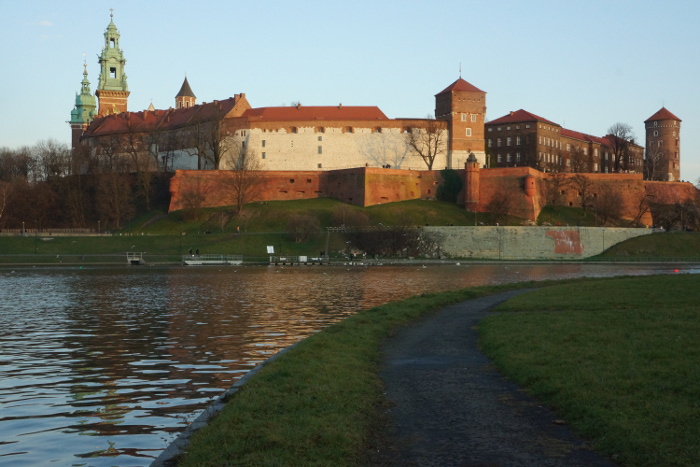
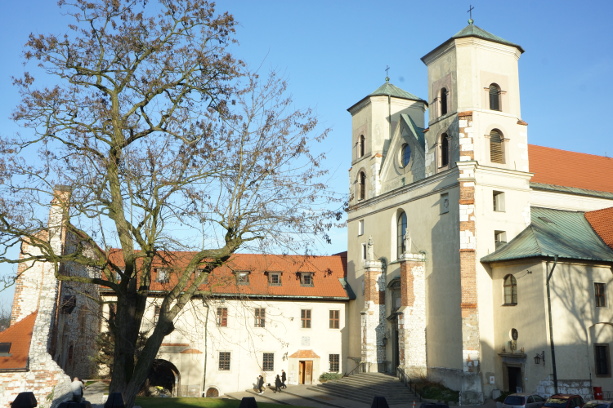
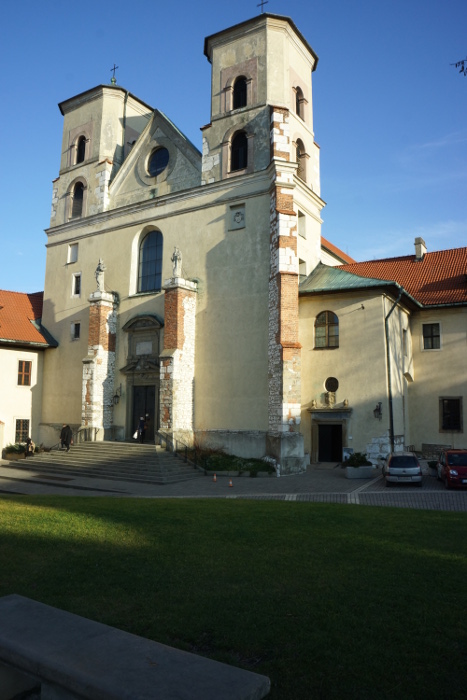
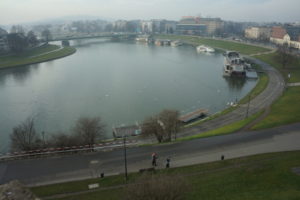
A week later I read in NYT that the rich polish ag tradition I spoke of dumps vast effluent into the Baltic creating a giant dead zone in the middle. We headed out to a lovely Benedictine monastery on the riverside- had lunch and turned back. Krakow castle greeted us upon return.
Seeing faces in other faces.
In ‘73 when I traveled to Scotland I was startled to imagine the faces of relatives among the local residents- one of whom I took for a double of me. It happened again when I went to Georgia in the states.
On this trip it has happened again and again- but it’s different people I see or imagine. Roslyn and Cle Elum came to life among the faces of those we saw in Zagreb, Croatia. In Poland, knock-offs of some of my high school friends and neighbors, like Marilyn Zak and Karl Wisnewski, the plumber.
I didn’t see any faces of my Jewish friends there- a fact that struck me as we came upon an abandoned Jewish cemetery in the center of Krakow. Europe had a piece of it’s heart torn out in the aftermath of Hitler’s rise. In Budapest, though I saw signs of renewal among other scary signs/news of rising repression.
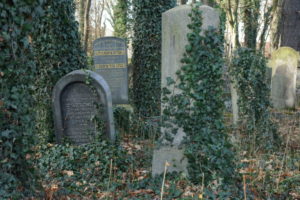 Let us not forget.
Let us not forget.